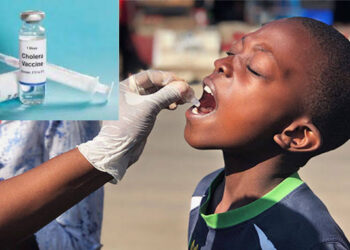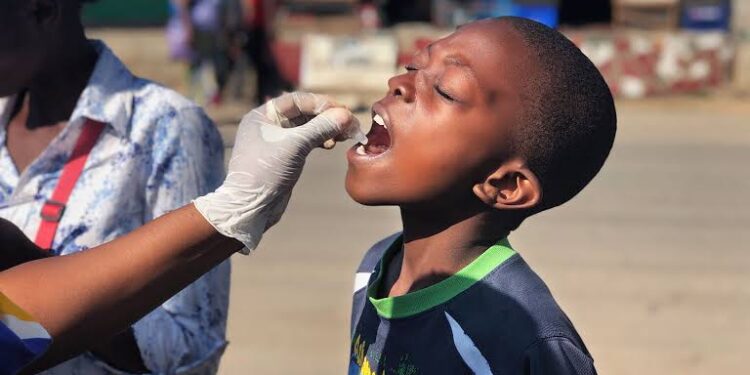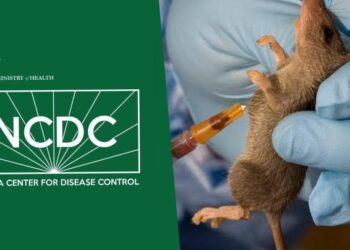Nigeria is currently battling with a severe cholera outbreak, with the death toll rising to 40. The Nigeria Centre for Disease Control and Prevention (NCDC) reports that Nigeria do not have enough vaccines to control the disease.
Vaccine Shortage and Uncertainty
Dr. Jide Idris, Director General of NCDC, said Nigeria has ordered vaccines from a donor agency. However, he doesn’t know when they will arrive, he stressed that even when the vaccines arrive, they won’t be enough to stop the outbreak due to lack of a stockpile of cholera vaccine in Nigeria and increased demand for the vaccine internationally. Dr. Idris advised Nigerians to improve their hygiene practices to fight the infection

Cholera is a food and waterborne disease caused by the bacterium Vibrio cholerae, leading to acute dehydration and potentially death. It is contracted through the ingestion of contaminated water and food.
Statistics and Trends
According to an investigation by Sunday Punch, analyzing weekly cholera situation reports from 2021 to 2024, at least 4,364 people have died out of 139,730 suspected cases across Nigeria in the past four years. The NCDC announced an outbreak earlier this June due to increased cases, with the incidence rate reaching 1,222 suspected cases, 88 confirmed cases, and 40 fatalities in the last 12 days.
Efforts and Challenges
Dr. Idris mentioned that the National Primary Health Care Development Agency (NPHCDA) manages cholera vaccines. The Health Minister has asked for more vaccines from donor agencies, but it’s unclear when they will arrive due to global demand. Dr. Idris emphasized that vaccines alone won’t stop the outbreak, and other control measures are necessary.
Preventive Measures
Dr. Idris stressed the need for preventive measures like treating dehydration, maintaining hygiene, boiling water before drinking, and washing hands after using the toilet and before preparing food. These steps, along with vaccination, are crucial to controlling the outbreak.
Future Concerns
During a recent programme on Channels Television, Dr. Idris warned that heavy rains could cause more cholera cases due to flooding and water contamination. He said the outbreak is linked to poor sanitation, hygiene, and lack of clean water. He urged state governments to ensure access to clean water and proper sanitation.
Bottom Line
Nigeria is facing a serious cholera outbreak with rising deaths and not enough vaccines. Improving hygiene and preventive measures are essential to control the spread of the disease. Government planning and international support are crucial to addressing the vaccine shortage and preventing future outbreaks.

















